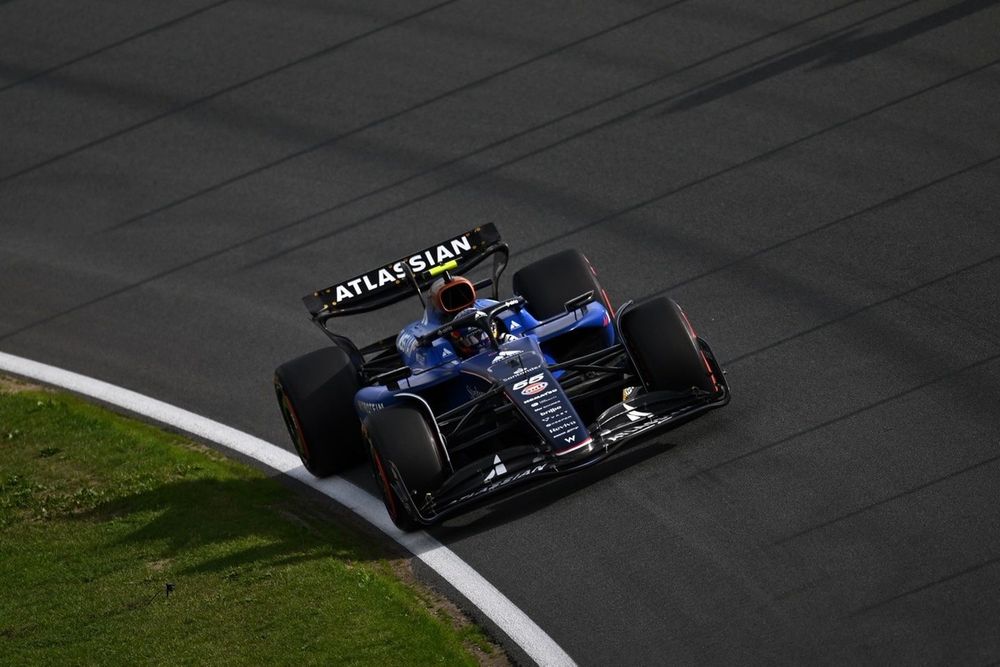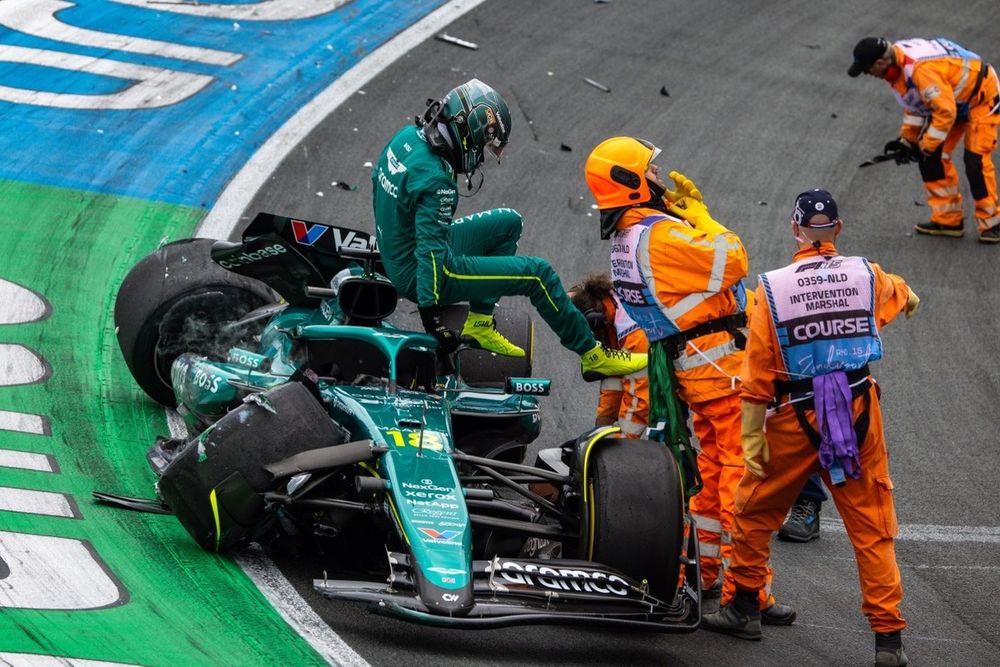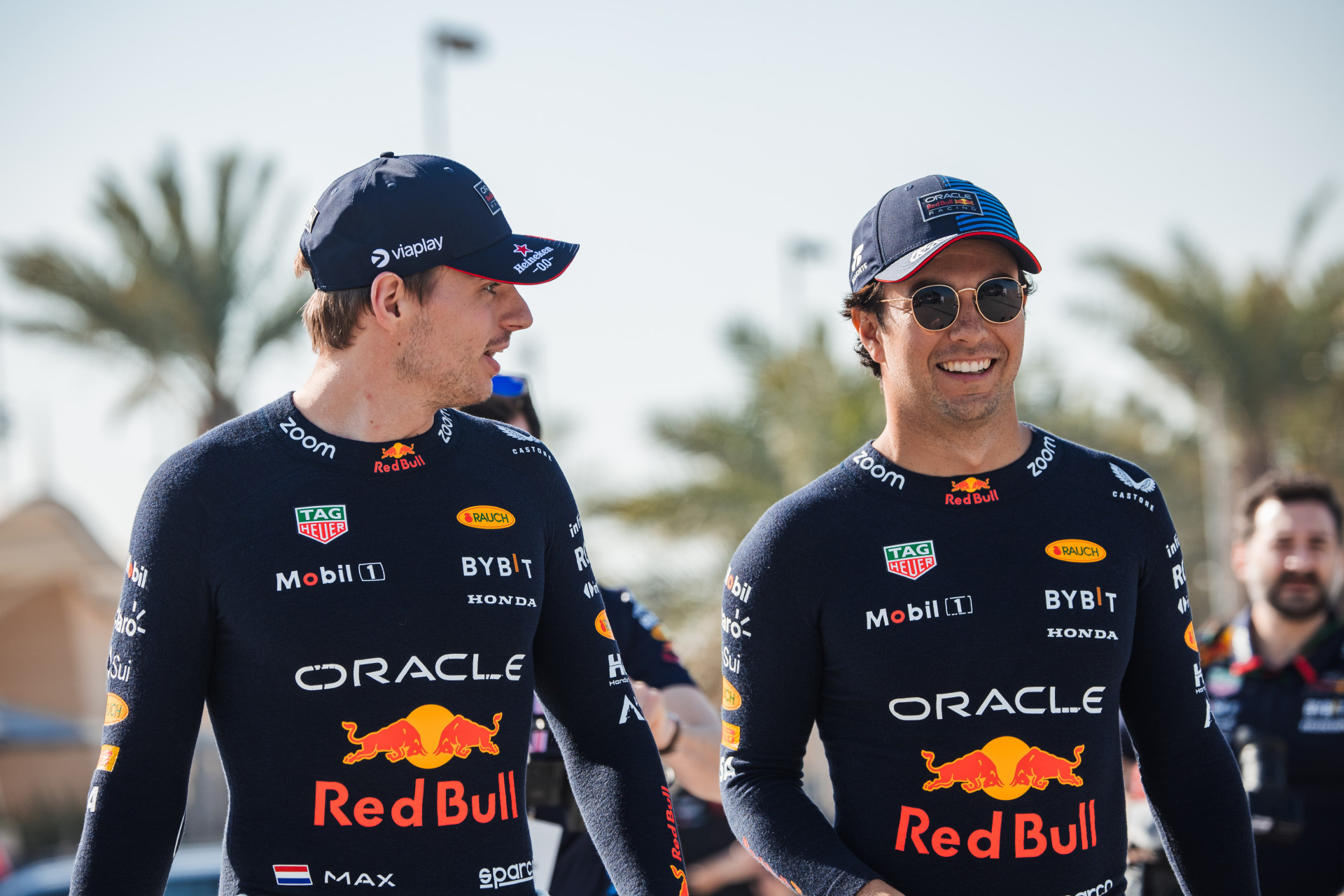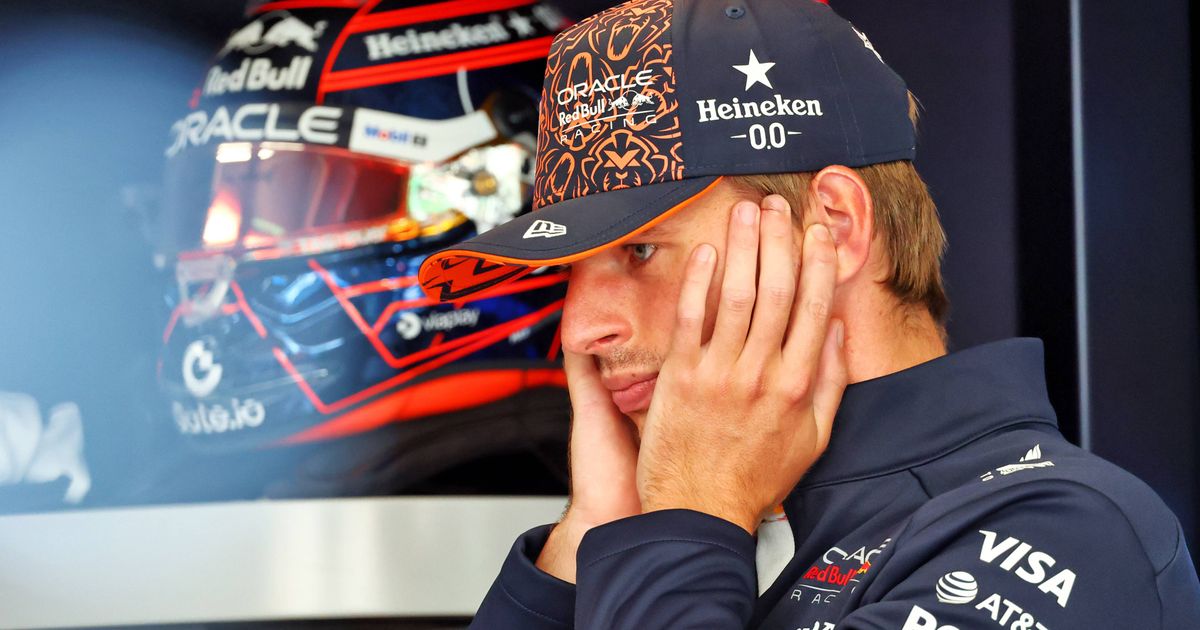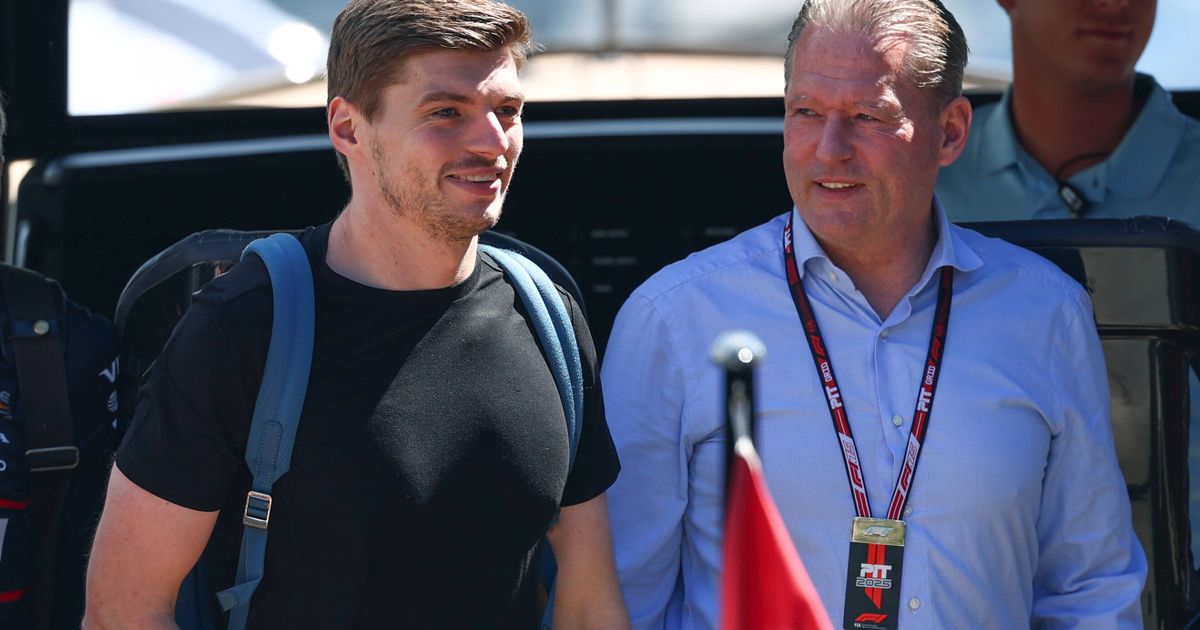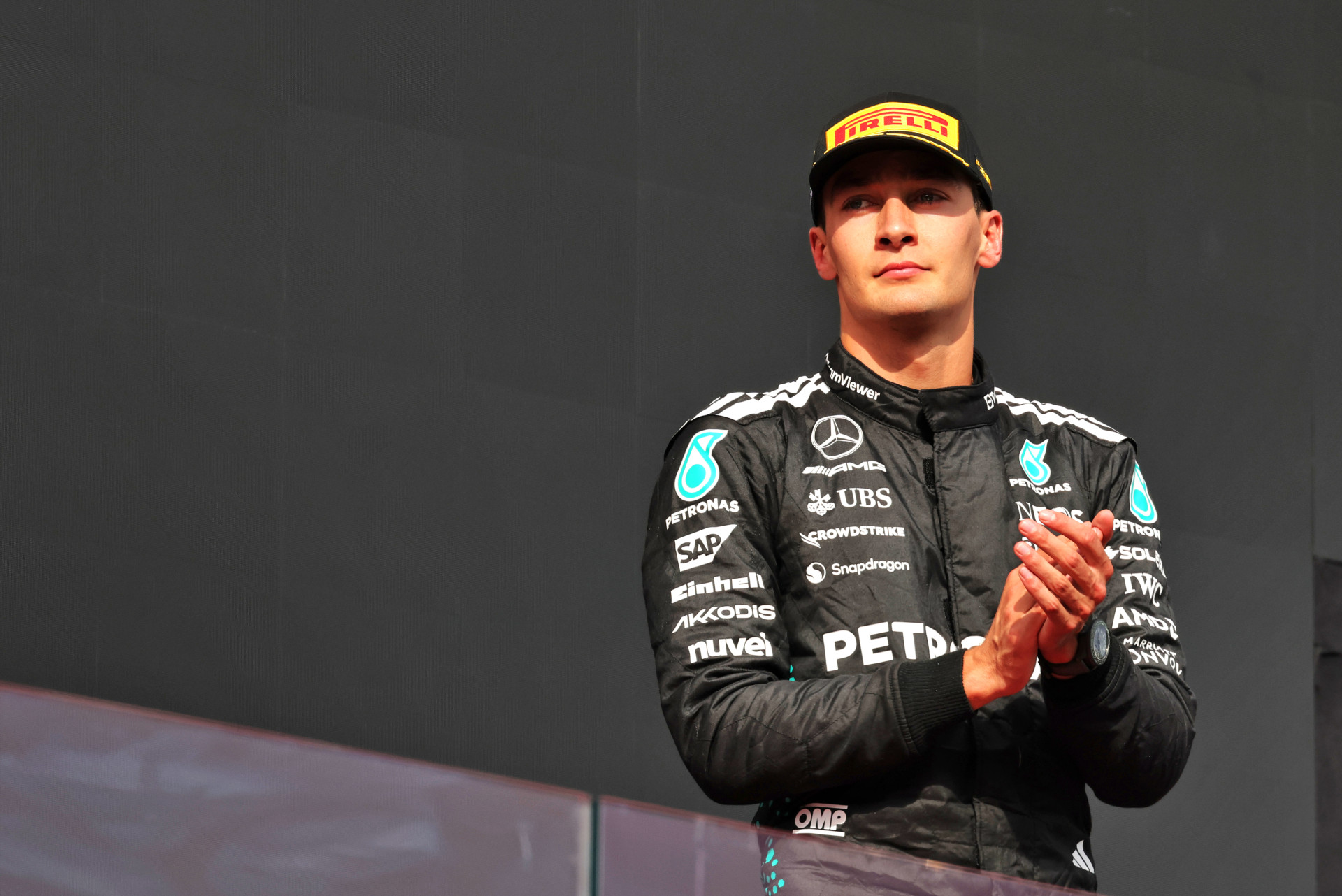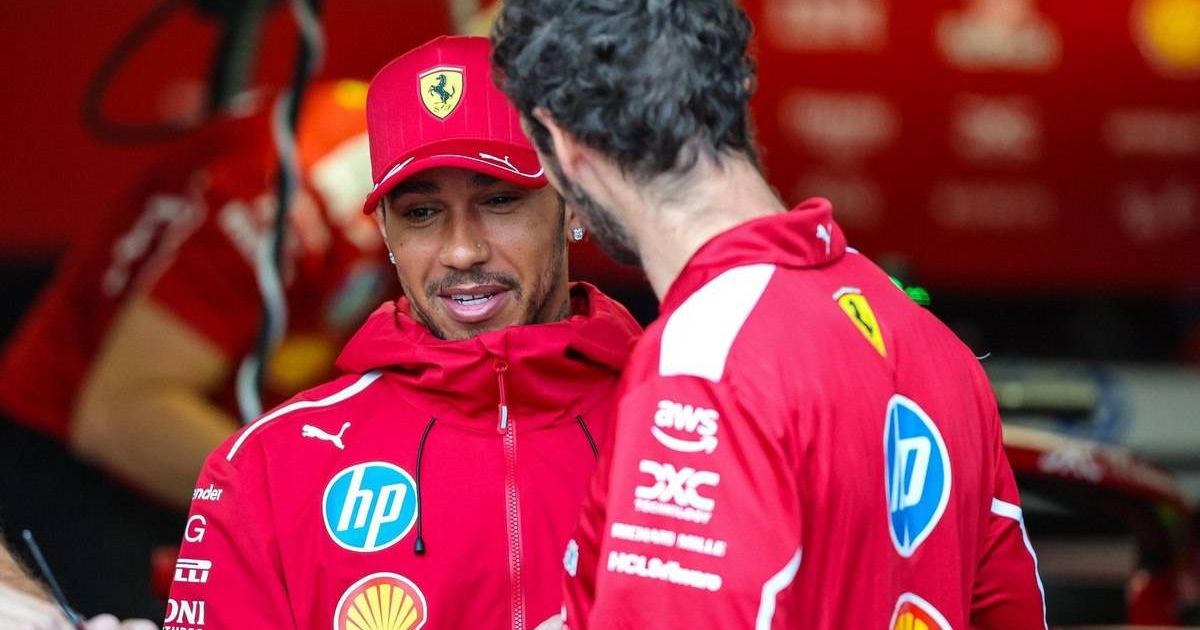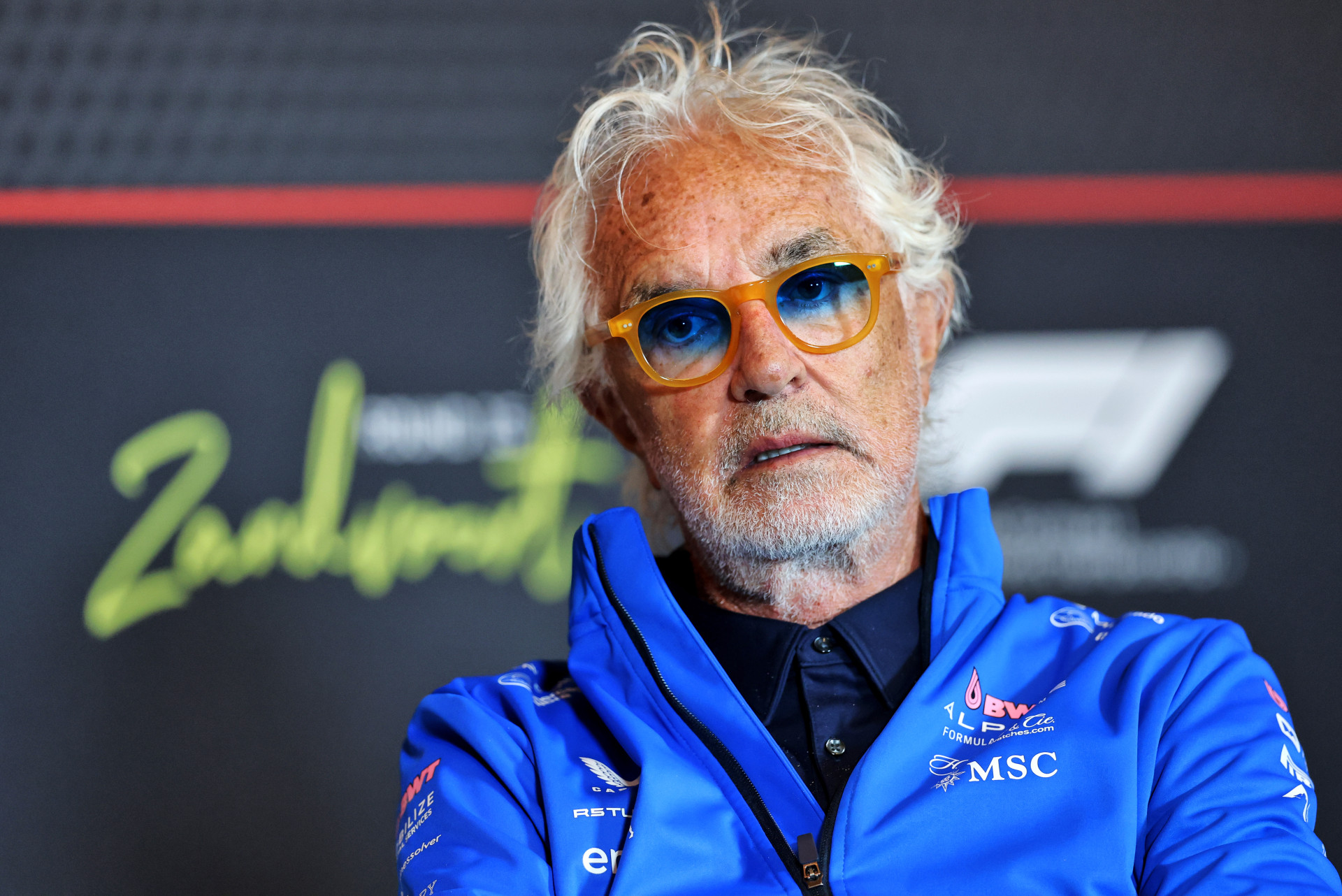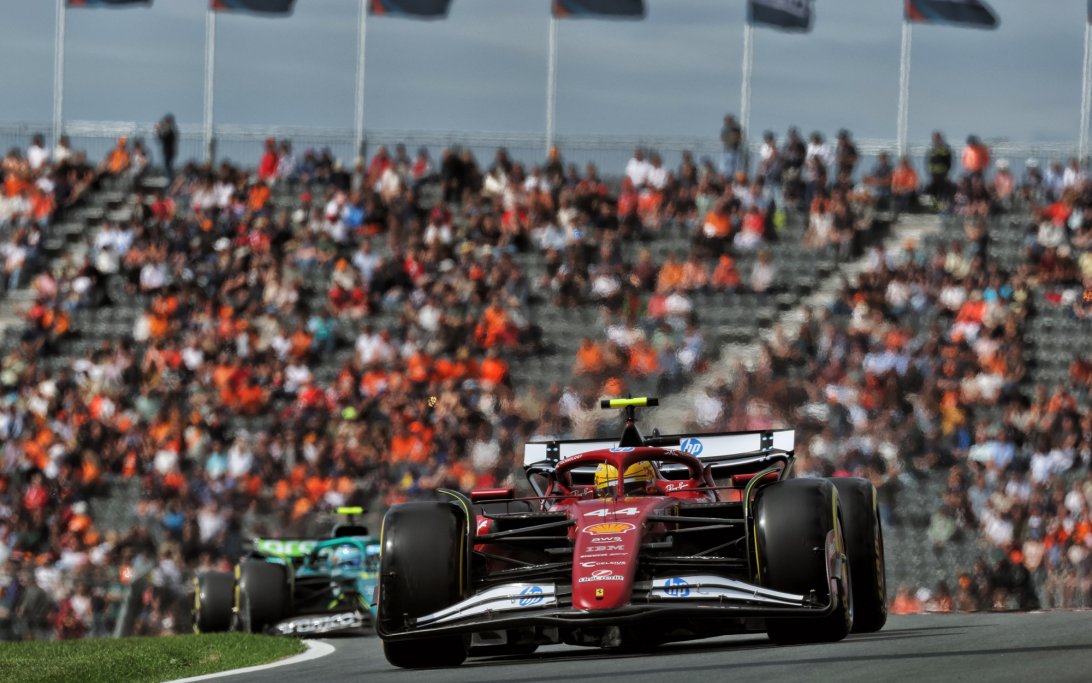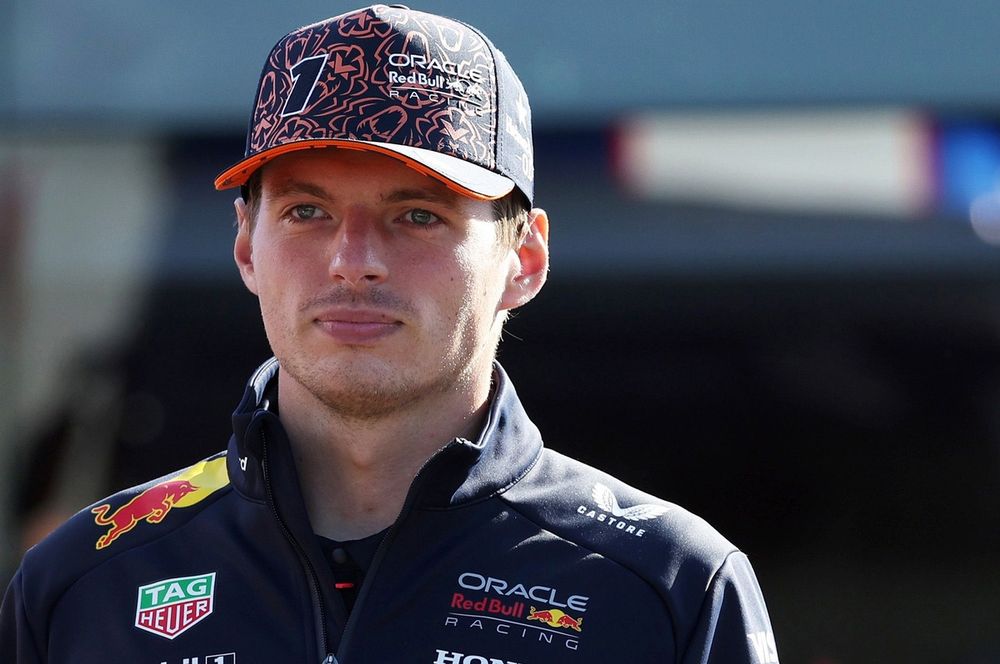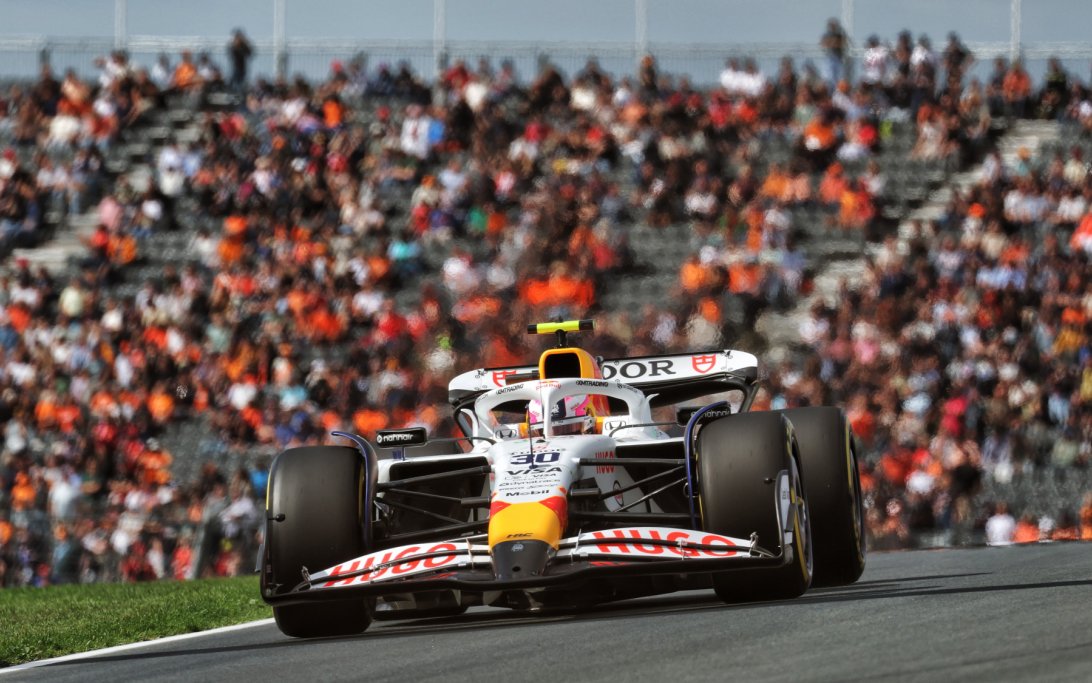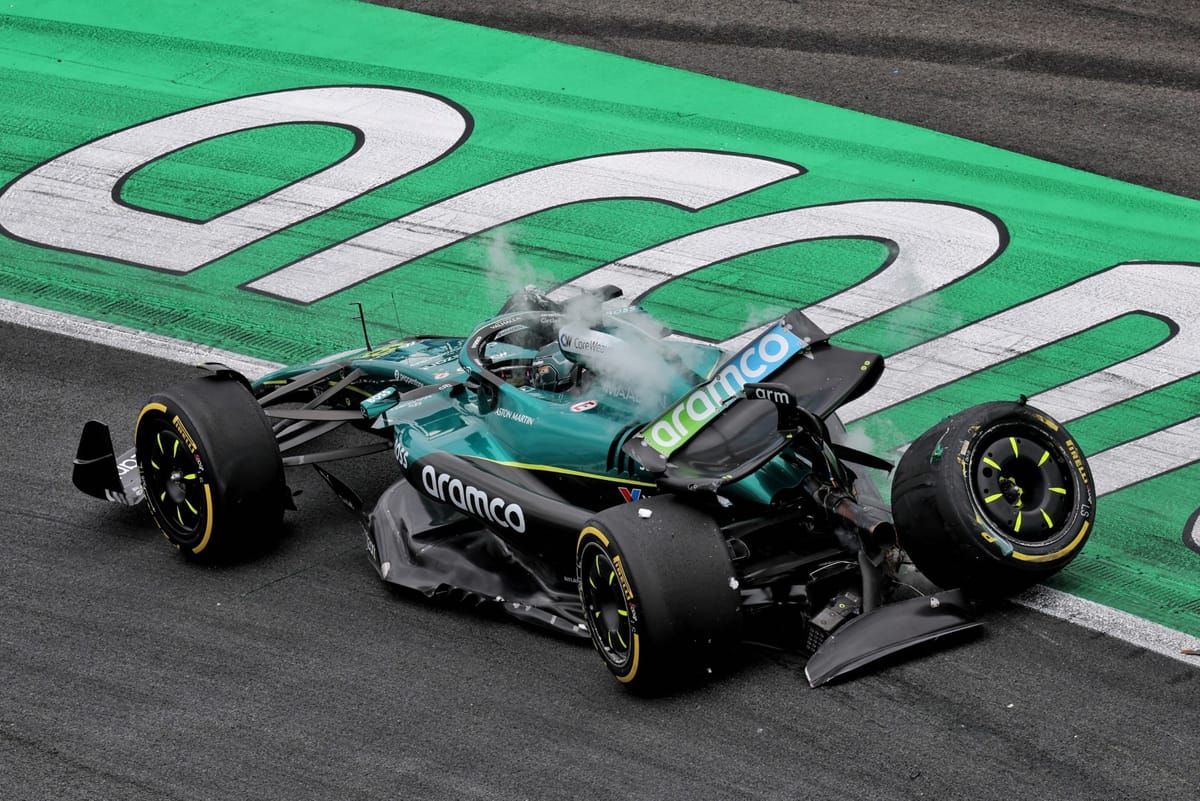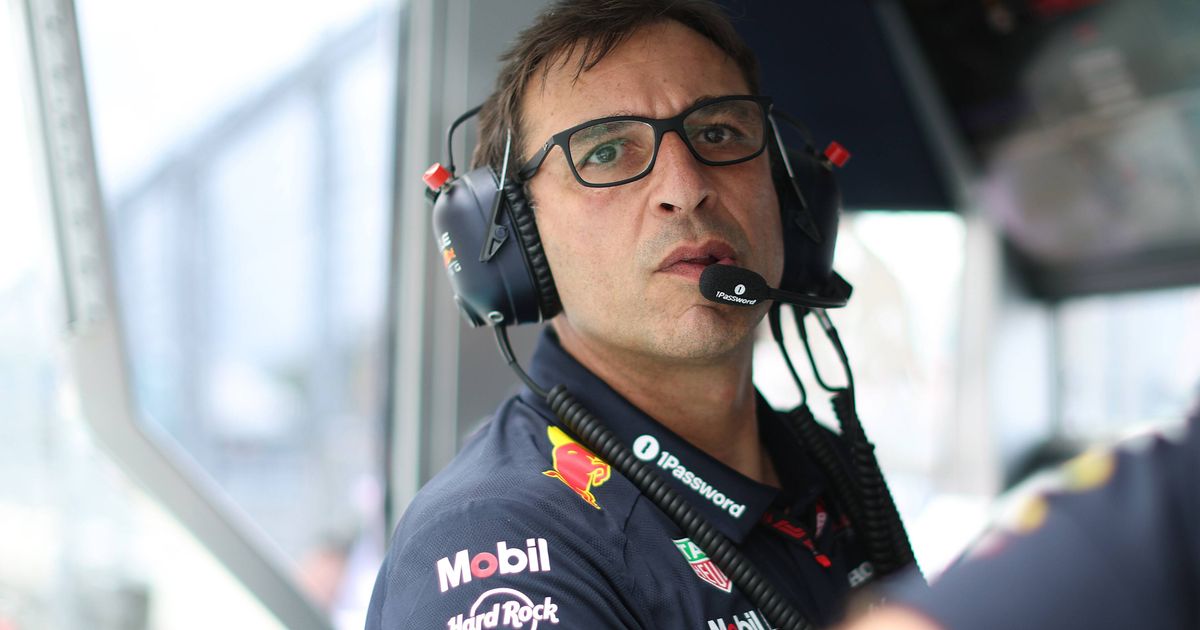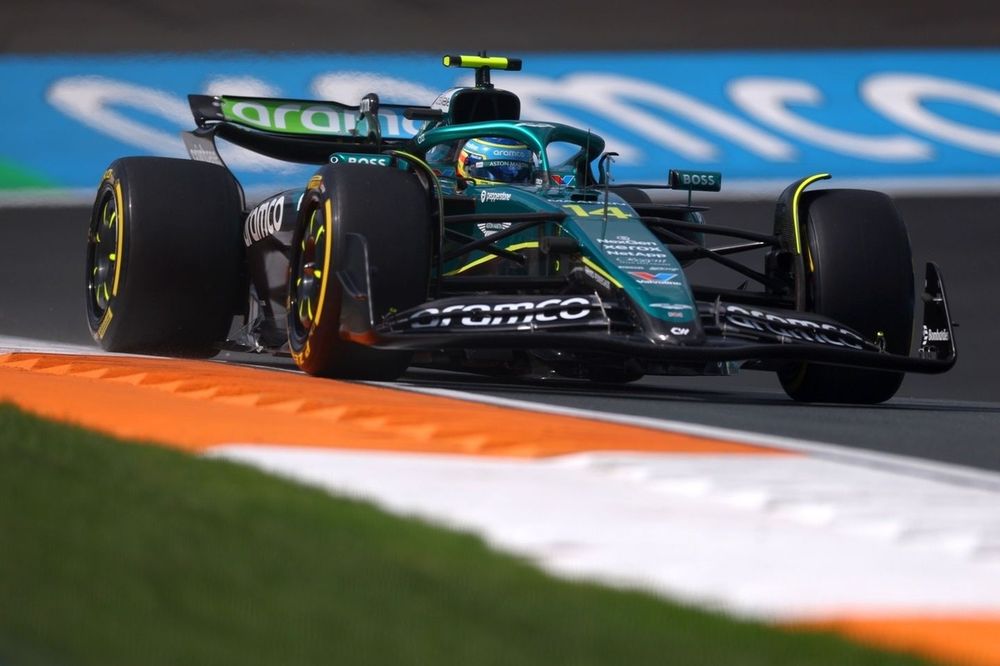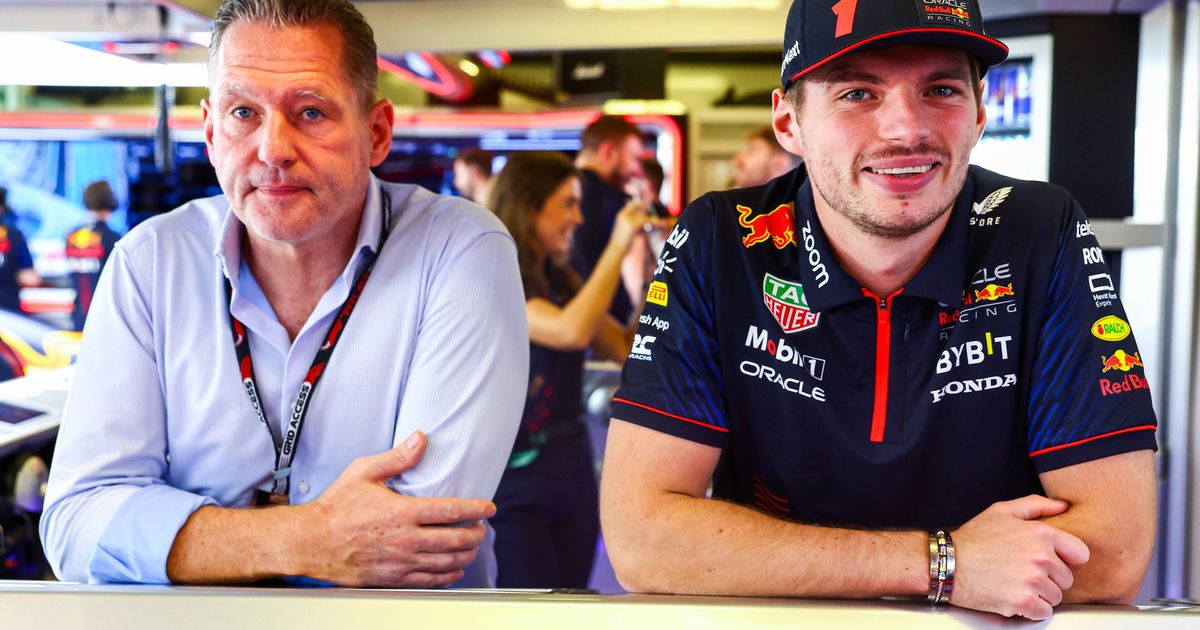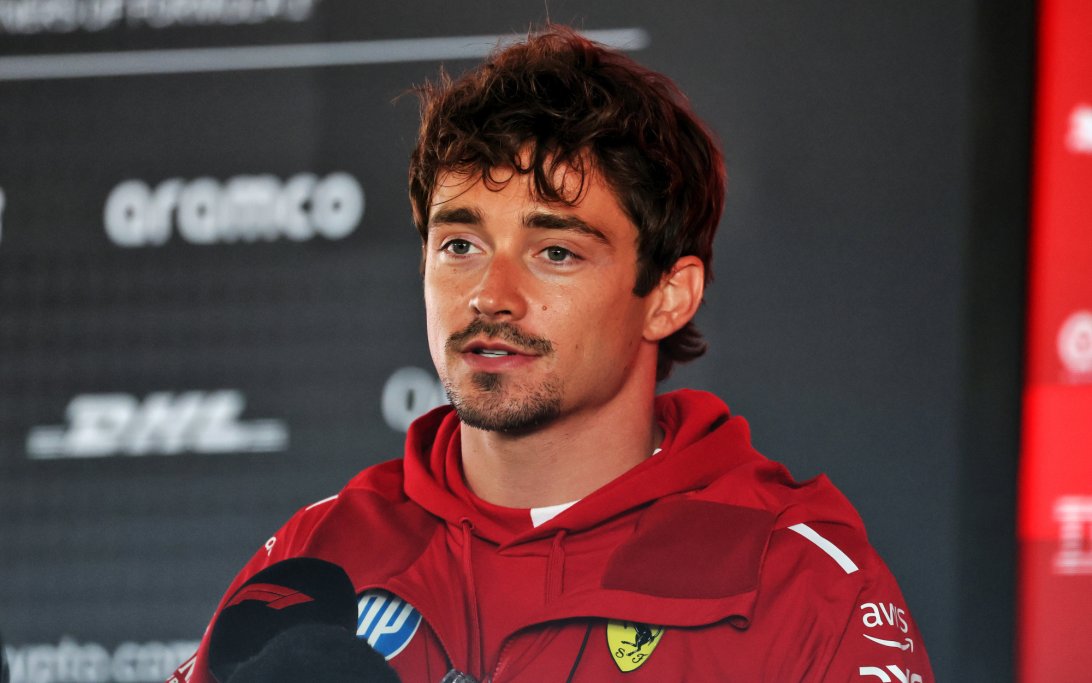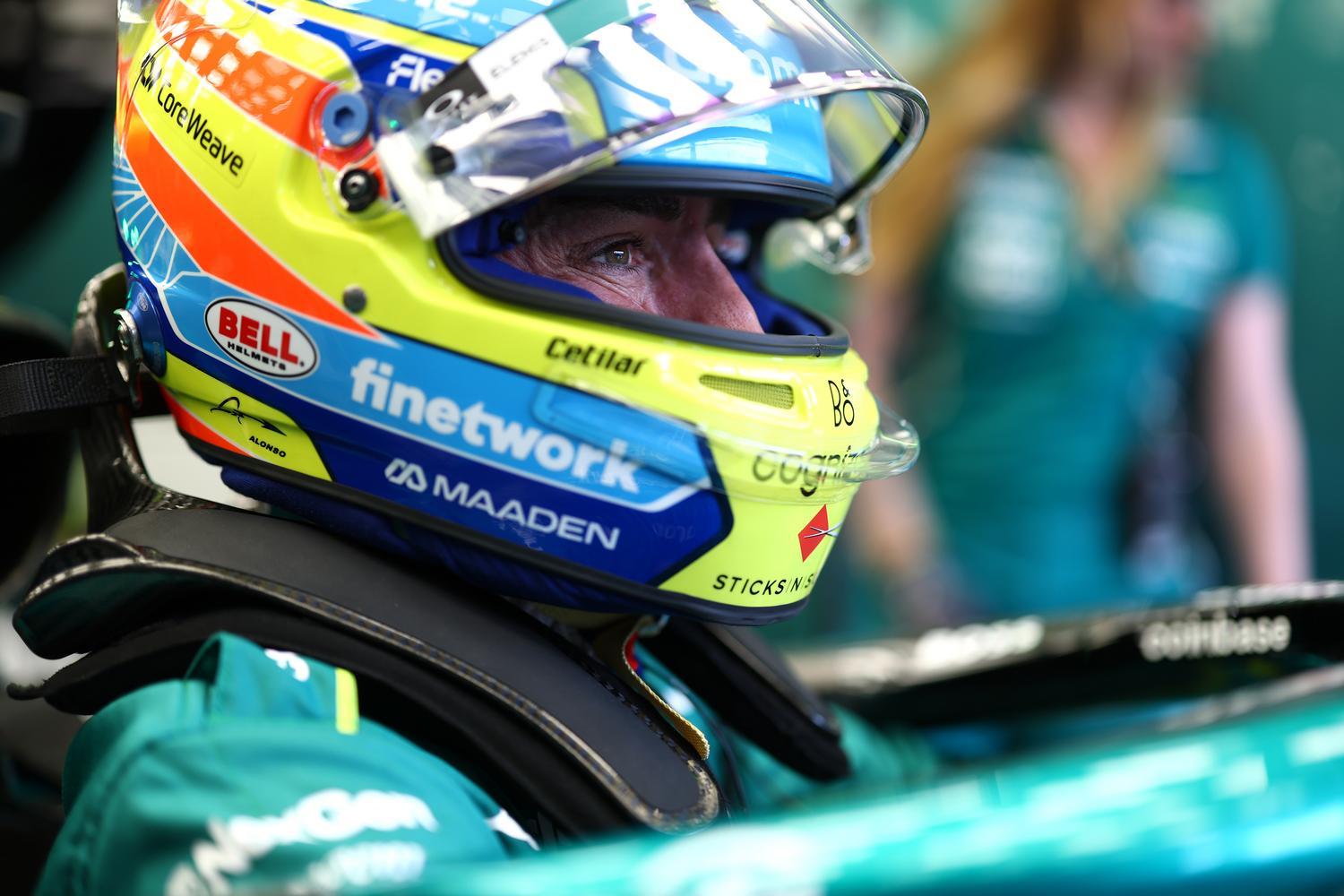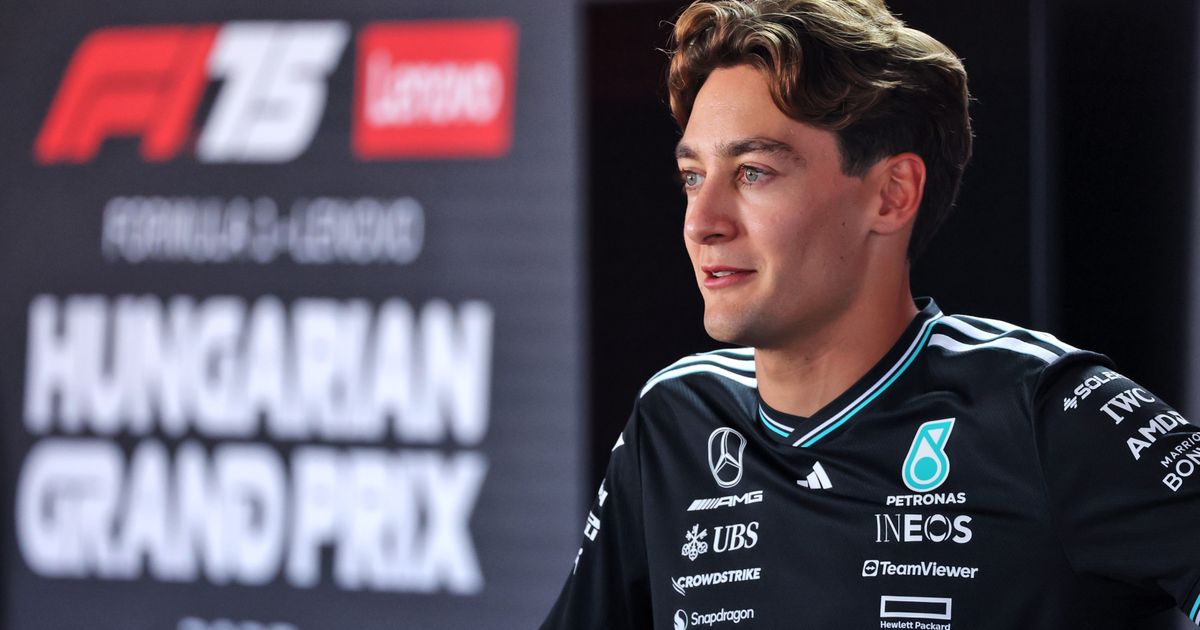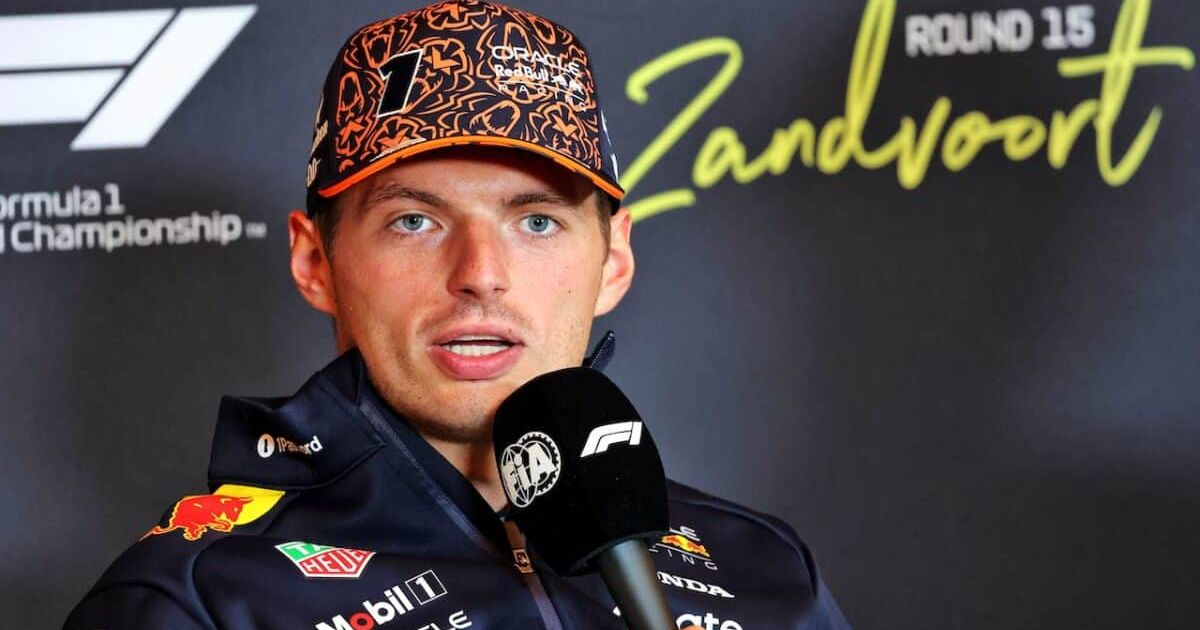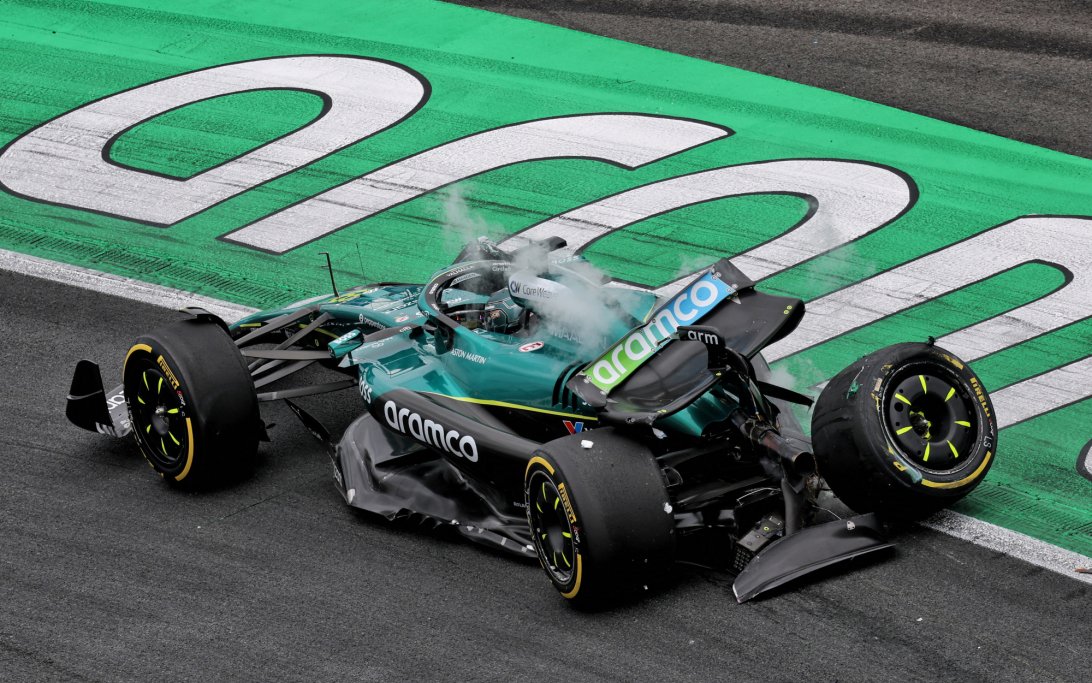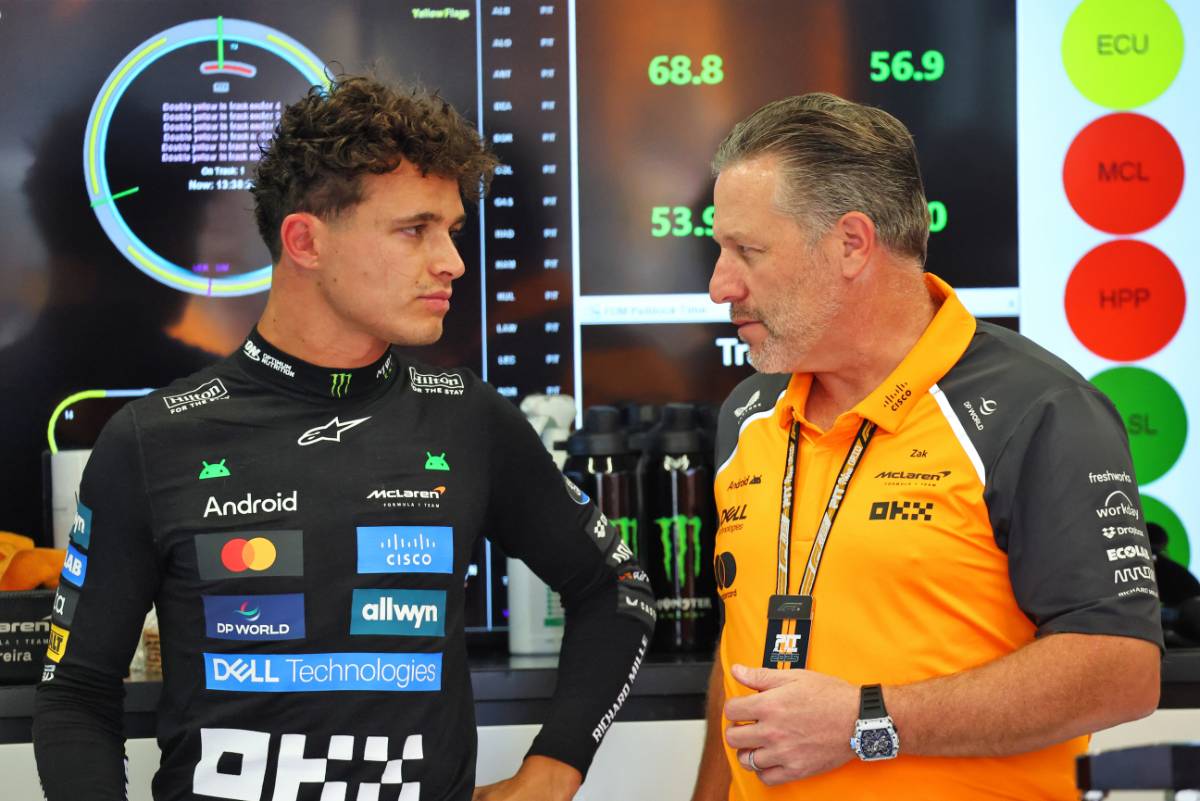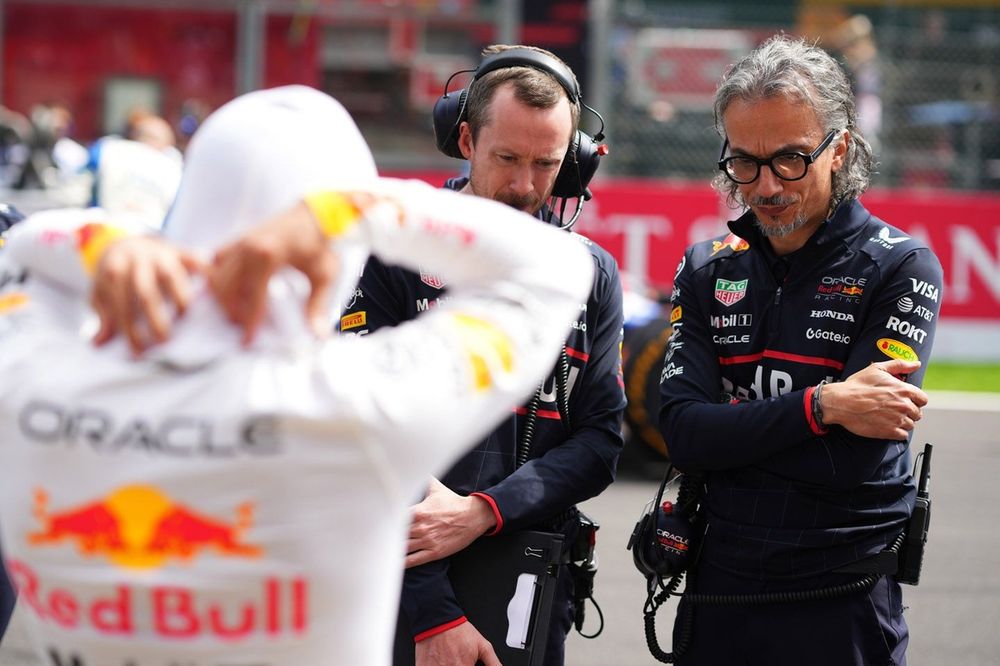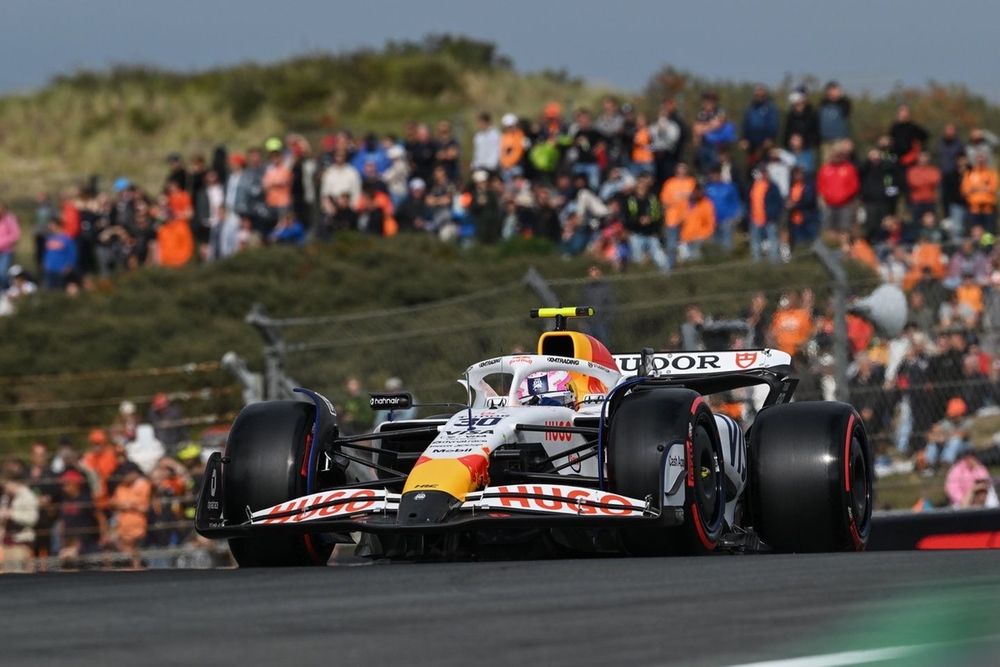Toto Wolff, Mercedes F1 team principal, has become a global social media icon. He finds humor in online distortions, even "deepfake porn," viewing them as a positive sign of F1's surging popularity.
Why it matters:
Wolff's pragmatic approach highlights how public figures navigate rampant social media and AI-generated content. His ability to laugh off misrepresentations is crucial in an era of information overload.
The big picture:
F1's unprecedented growth attracts younger, more diverse audiences, leading to intense scrutiny and a flood of user-generated content, much of it fabricated.
- Unexpected icon: Wolff first went viral in 2019 when a Lebanese protestor praised his "strategies."
- Digital challenges: Today, he faces an "overload" of manipulated content, from AI-doctored photos to deepfake videos on platforms like Instagram and TikTok.
What he's saying:
Wolff takes an amused, philosophical stance on online content.
- "My target audience isn't social media users... But from time to time, I take a look at what’s being made up out there. I tend to find it amusing."
- Regarding "deepfake porn," he joked he doesn't mind "as long as it’s a good-looking body and I perform well."
- He notes controlling narratives is difficult: "With each retelling, a story drifts further from the source."
- "I’ve learned not to take it too personally."
The bottom line:
Wolff sees social media buzz, even fabricated content, as a net positive for F1.
- "It’s proof of how strong our sport is and how far it has reached into new audiences. Social media buzz has taken Formula 1 by storm."
- "I’d rather have someone posting deepfake porn about me than nobody caring at all. Because there was a time when nobody cared about us."
- He credits the sport's growing younger and female audience partly to its viral online presence.


